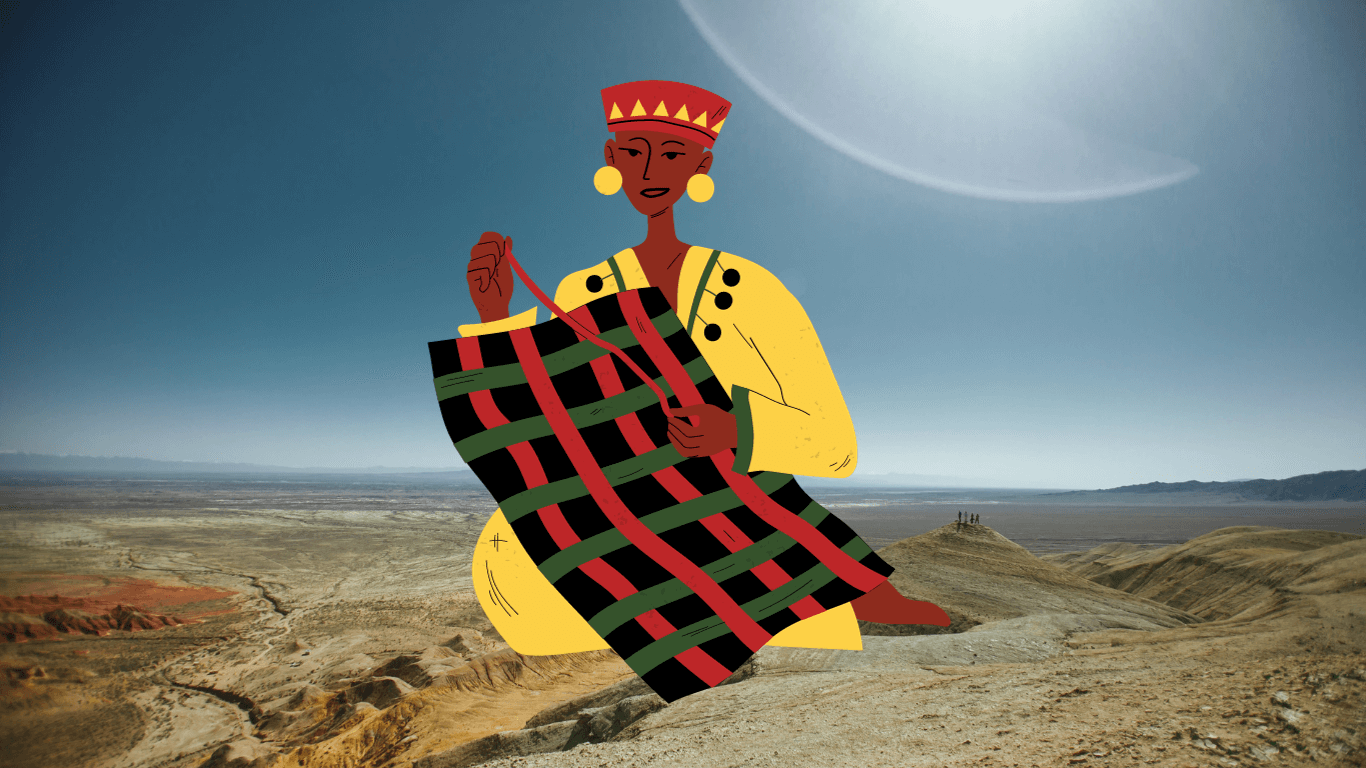Introduction
Indigenous education is a crucial aspect of preserving and honoring the diverse cultures and traditions of Indigenous communities worldwide. In this informative guide, we delve deep into the world of Indigenous education, exploring its meaning, significance, challenges, and impact. Join us on this enlightening journey to gain a profound understanding of “What is Indigenous education.”
Indigenous Education: A Brief Overview
Indigenous education, in essence, refers to the education systems and methods tailored to the unique needs and cultural identities of Indigenous peoples. It is a holistic approach that acknowledges and respects the rich heritage, languages, and traditions of Indigenous communities. This approach ensures that education becomes a tool for empowerment rather than assimilation.
The Significance of Indigenous Education
- Preservation of Culture: Indigenous education plays a pivotal role in preserving the cultural heritage of Indigenous communities. It fosters an environment where traditions, languages, and customs are celebrated and passed down through generations.
- Empowerment: Through education, Indigenous individuals gain the knowledge and skills necessary to navigate the modern world while maintaining their cultural identity. This empowerment is essential for their social, economic, and political well-being.
- Cultural Sensitivity: Indigenous education promotes cultural sensitivity and understanding among non-Indigenous individuals. It helps break down stereotypes created by colonisation and fosters a more inclusive society.
- Community Cohesion: It strengthens the sense of community among Indigenous people. Education programs often involve the whole community, reinforcing bonds and shared values.
Challenges in Indigenous Education
- Lack of Resources: Many Indigenous communities face limited access to quality educational resources, including books, technology, and well-trained teachers.
- Language Barriers: The preservation of Indigenous languages is a significant challenge. In many cases, these languages are endangered, making it crucial to include language revitalization efforts in education.
- Cultural Appropriation: Indigenous education must be delivered with respect and sensitivity to avoid cultural appropriation. Balancing traditional and modern knowledge is a constant challenge.
- Institutional Racism: Indigenous students often face discrimination within the educational system, affecting their overall academic performance and well-being.
- Remote Locations: Some Indigenous communities are situated in remote areas, making it challenging to provide accessible and quality education.
Indigenous Education Programs Around the World
- New Zealand – Kura Kaupapa Maori: These Maori immersion schools offer education steeped in Maori culture, traditions, and language.
- Canada – First Nations Schools: These schools are designed to meet the unique needs of First Nations students, focusing on cultural integration.
- Australia – Aboriginal Community Controlled Schools: These schools empower Aboriginal communities to manage and deliver education according to their cultural perspectives.
- United States – Tribal Colleges: Tribal colleges offer higher education grounded in Indigenous traditions and knowledge.
Frequently Asked Questions
Conclusion
Indigenous education is not just a means of instruction; it is a powerful tool for cultural preservation, empowerment, and unity within Indigenous communities. Understanding “What is Indigenous education” is crucial for fostering a more inclusive and culturally diverse world. By acknowledging the significance, challenges, and impact of Indigenous education, we can work towards a brighter future where all cultures are celebrated and respected.







